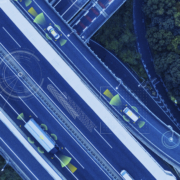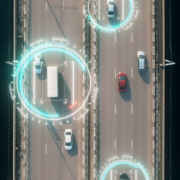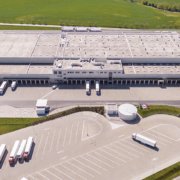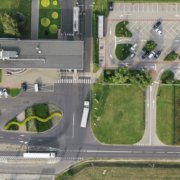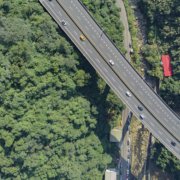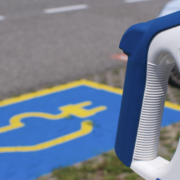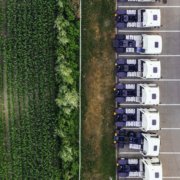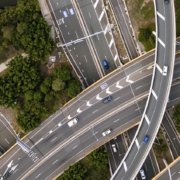As an industry, goods have been passing from one establishment to another based on a physical signature for centuries, in fact, the first proof of delivery has been traced back as far as 1685. Despite the digital revolution and the technology that we currently have at our disposal, not a lot has changed since then in terms of how goods are transferred through the supply chain, with many companies still using paper and ink to validate the delivery and reception of goods.
Si lo deseas te llamamos gratis
Si lo prefieres puedes llamarnos
+34 968 387 220
También puedes contactarnos por email
Ir al formulario de contacto

